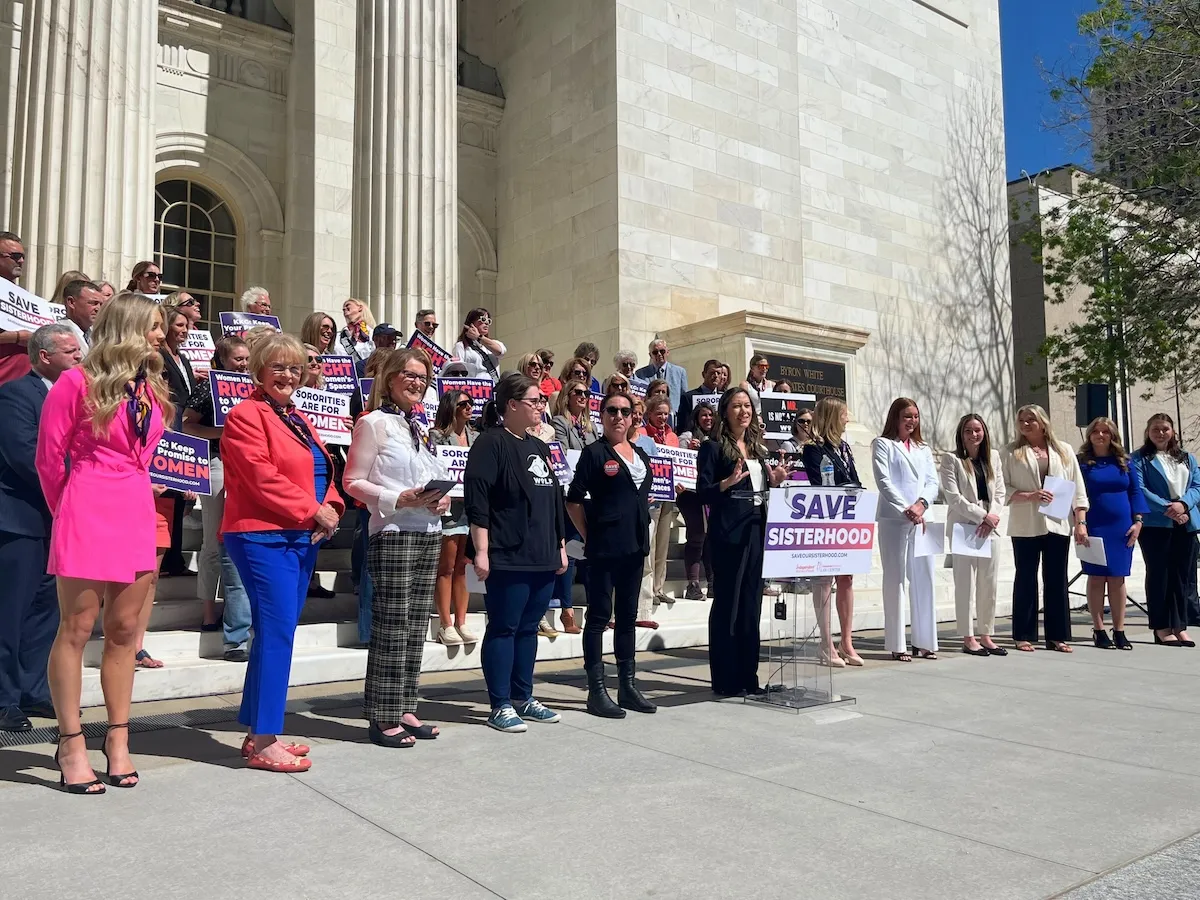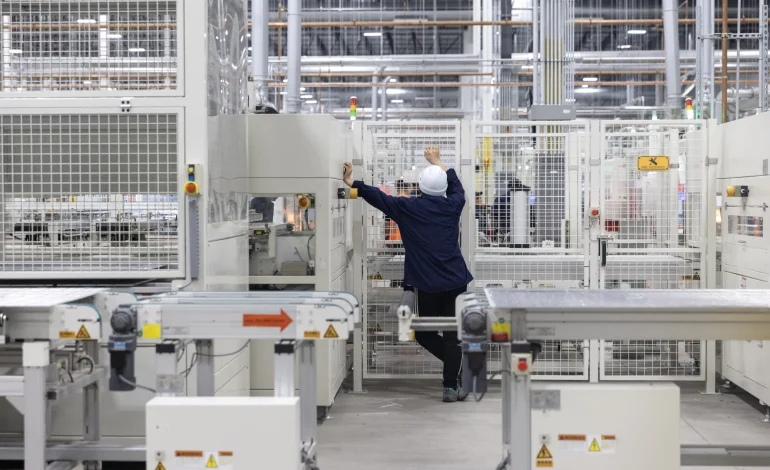In Ohio, a new solar manufacturing plant called Illuminate USA has opened in Pataskala, promising local jobs and economic growth, Bloomberg reports.
Situated among Ohio’s agricultural fields, the plant employs hundreds of local workers who assemble photovoltaic panels with technology sourced from Longi Green Energy, one of China’s leading solar companies. Local wages begin at twice the state minimum, and the factory is also boosting demand for electricians and suppliers across the area.
The plant is a joint venture between Invenergy, a major American renewable energy developer, and Longi Green Energy, which owns a 49% stake. While the American partner oversees the operation, Longi contributes panel-making expertise, benefiting from a supply chain network that spans multiple countries. This arrangement allows Longi to sidestep US tariffs on Chinese-made solar panels and benefit from federal incentives aimed at promoting US-based clean energy production.
Passed in 2022, the Inflation Reduction Act (IRA) has facilitated the return of manufacturing jobs to the US with its clean energy production incentives. The law offers significant tax breaks and credits to companies investing in US-based green technologies. While intended to boost domestic clean energy manufacturing, these incentives have also attracted foreign investments, especially from Chinese firms, in sectors like solar panels, electric vehicles, and batteries. Illuminate’s new plant in Ohio is a clear example of how the IRA has inadvertently strengthened China’s footprint in American clean energy infrastructure.
The Illuminate plant is a source of optimism for many Ohio residents, especially in regions affected by the decline of coal mining. Job seekers are attracted to the plant’s wages and benefits, which outpace those in other local industries. To further support the community, Illuminate has sponsored local events and partnered with nearby schools to engage students in STEM-focused initiatives.
Yet, some local residents and politicians have voiced concerns. Eileen DeRolf, a retired teacher, is critical of the incentives that attracted Longi to Ohio. She argues that the influx of foreign investment from a “geopolitical rival” could undermine US energy independence and contends that substantial local tax abatements and federal credits unfairly favor foreign-owned enterprises.
At Illuminate’s Ohio plant, hundreds of Chinese and American employees work side by side. Machine interfaces and signage are bilingual to bridge the language gap, and temporary Chinese staff assist with training their American counterparts on specialized machinery. For many of the Chinese technicians, this is their first time in the US, and their roles are meant to be temporary. According to Illuminate, they will eventually return home once American workers are fully trained.
The Pataskala plant is part of a wider trend as foreign companies increasingly set up clean energy manufacturing operations in the US Chinese-backed firms are planning or building at least a dozen other facilities across the country, with the collective capacity to meet roughly 75% of current US solar panel demand. This growth has spurred debate among American manufacturers, who argue that these facilities could hinder efforts to establish a self-sufficient US solar supply chain.
In response to the rise of Chinese-backed clean energy projects, bipartisan lawmakers are exploring ways to restrict access to federal incentives for foreign entities. Some policymakers have called for stronger regulations to prevent foreign-owned firms from benefitting from US taxpayer-funded incentives, especially in sectors seen as critical to national security. At the local level, reactions vary, with some residents welcoming the economic opportunities and others raising concerns about long-term commitments from foreign investors.
Despite these debates, Illuminate’s leadership asserts its commitment to Ohio, with plans to remain operational even if federal subsidies diminish. As the US grapples with how to balance economic growth, energy independence, and national security, Illuminate’s experience offers insight into the complexities of incentivizing green energy production within a globalized market.









